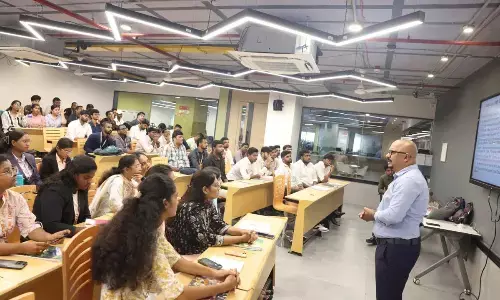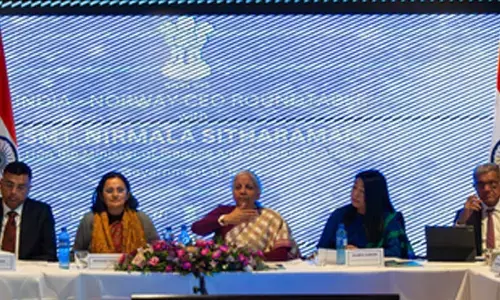Wildlife expert's letter to CM seeks action to prevent human-leopard conflict

Wildlife expert Sanjay Gubbi has written to the Chief Minister and Forest Minister to take immediate action to prevent human-leopard conflict in the state.
Bengaluru: Wildlife expert Sanjay Gubbi has written to the Chief Minister and Forest Minister to take immediate action to prevent human-leopard conflict in the state.
As a result of the Wildlife Protection Act of 1972, the number of some wildlife species has increased in the state. According to the study, the presence of leopards in 29 districts of the state has been confirmed and there are about 2,500 leopards. Sanjay Gubbi said in the letter that human-leopard conflict has increased by more than 50% in Ramnagar, Tumkur, Mandya, Mysore and Hassan districts.
Recently, human-leopard conflict has been increasing in Koppala, Bellary and Kolar districts as well. Due to excessive quarrying and stone mining in these districts, the natural habitat of leopards is deteriorating. Leopards who have lost their habitat are coming to sugarcane fields, corn fields and eucalyptus groves, which is leading to conflict, he said.
Out of 27,418 revenue villages in the state, about 700 villages have recorded human-leopard conflict. Apart from national parks and wildlife sanctuaries, poaching of leopards' natural food such as deer, blackbuck, Four horned antelope, wild sheep, rabbit and wild hen has increased. It is believed that leopards who have lost their natural food have turned to animals like sheep and goats as an alternative.
The advice for conflict prevention is to - create a separate department in the forest department and give special training to the staff. In addition, resources and allowances should be provided to them. Unnecessary capture and translocation of leopards should be stopped. Leopards should be captured and released to zoos only in cases of loss of life, excessive conflict and other emergencies.
Training on human-wildlife conflict management should be made mandatory for forest watchers, forest guards, sub-zonal forest officers and zonal forest officers in the training institutes of the forest department. Rehabilitation centers should be opened to take care of leopards captured in emergencies or injured in accidents. Emphasis should be placed on the conservation of the natural habitats of leopards.
In case of loss of life due to leopard or wild animals, the compensation amount to be given to the family should be increased to Rs 15 lakh and monthly compensation of Rs 6,000. In villages where wildlife and human conflict is high, 3 phase electricity should be provided during day time. In villages and taluks where the conflict is high, the government should provide financial assistance to the farmers to install SIM card operated starters in the pump sets of their agricultural land.
In rural areas where conflict is high, toilets should be built and water should be arranged under government programs. Street lights should be installed in jungle villages. Single houses should be provided with electricity or solar energy lights. For the school children in areas where there is a lot of conflict must arrange transport to go to school.









